Two Panda Bears Arrive in the U.S. In 2024 After an Exchange in 2023 — Pandas Abroad, Explained
"Panda diplomacy" has long been used to communicate U.S. political relationships — with bears.
Updated April 29 2024, 11:12 a.m. ET
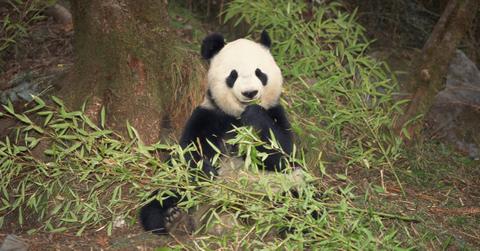
When you think of fuzzy white paws and adorable black ears, chances are, you're thinking of a panda bear. These bears are native to China and eat a steady diet of foliage composed mostly of bamboo. The creatures are also most notable as a national symbol of China, but starting in 1961, they have also served as the mascots for the World Wildlife Fund following their endangered status.
Due to their popularity globally, the National Zoo in Washington D.C. has received a lot of attention for hosting "gift" pandas since 1972. In December 2023, the National Zoo returned its three pandas to China, per NPR. However, in 2024, the San Diego Zoo will receive two new pandas to be cared for in California.
But wait, why were pandas going back to China? Here's the long history of pandas abroad explained.
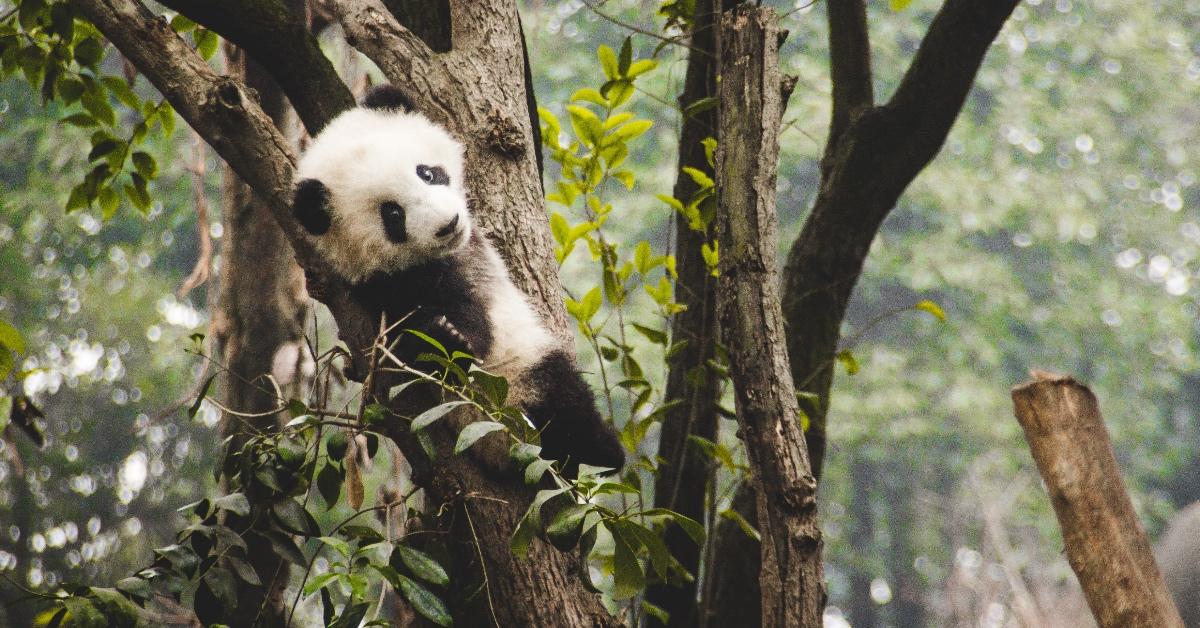
In 2024, the San Diego Zoo will receive two giant pandas from China.
On April 28, 2024, the San Diego Zoo Wildlife Alliance announced that in Summer 2024, it will receive two giant pandas.The pandas are named Yun Chuan and Xin Bao. Yun Chuan's mother, Zhen Zhen, was actually born at the San Diego Zoo in 2007.
According to the press release, members of the San Diego Zoo Wildlife Alliance traveled to China and met with conservation partners from China Wildlife Conservation Association to discuss "prospective research programs to protect and conserve giant pandas and their habitat." They also met with care specialists to collaborate on specialized care programs for giant pandas.
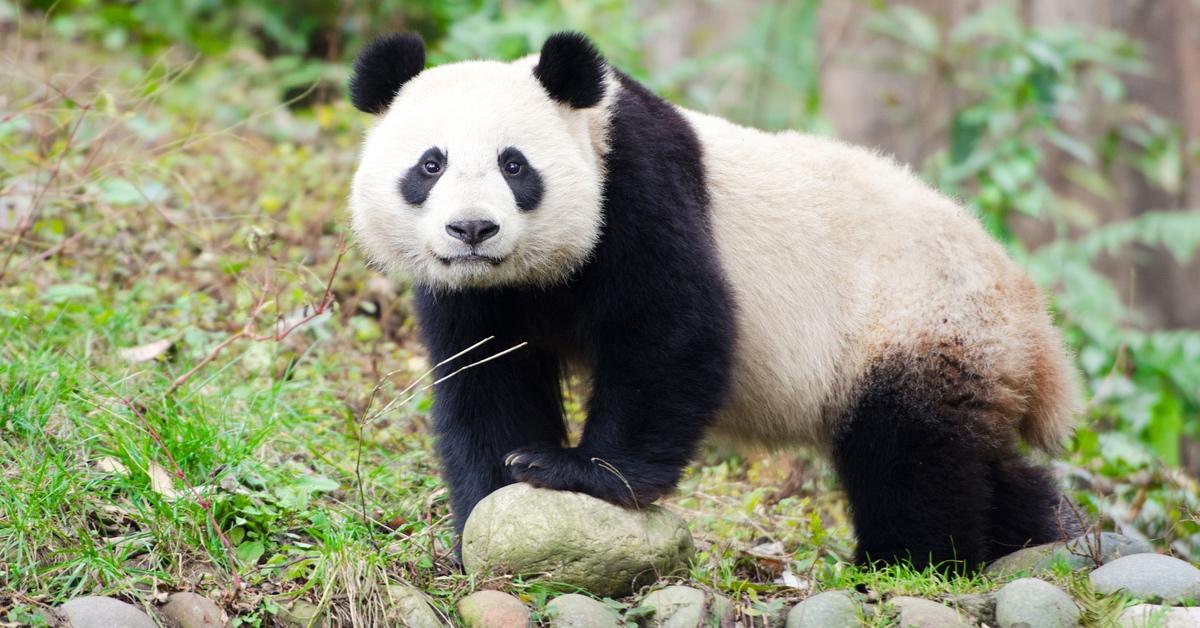
Why do pandas go back to China?
Two pandas, Mei Xiang, and Tian Tian, first arrived at the National Zoo in 2000 as part of an agreement between the National Zoo and the China Wildlife and Conservation Association. CBS News reported that the pair were meant to spend only 10 years at the zoo as part of an international breeding and conservation agreement.
China extended the agreement in 2020 after the birth of the male cub Xiao Qi Ji, but the extension was only until 2023.
It's unclear where the pandas will return once they reach China. China does have many giant panda sanctuaries, including Sichuan Giant Panda Sanctuaries in 3 locations (Wolong, Mt Siguniang, and Jiajin Mountains) that host more than 30 percent of the world's panda population, per UNESCO.
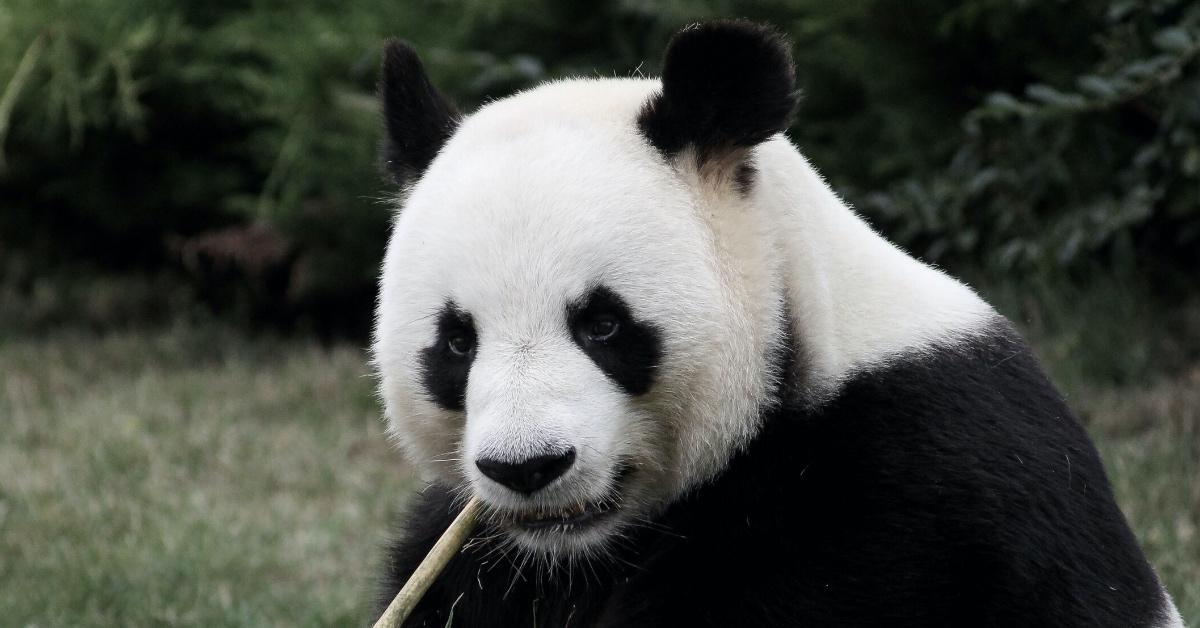
In 1982, China amended its panda laws to insist the creatures would be "loaned out" for one decade at a time, would require a fee, and all panda cubs were Chinese citizens, even if they were born in the U.S., per History.
In 1998, the U.S. amended its panda laws, insisting that at least half of the loan fee be donated to conservation efforts for pandas and their habitats. Reportedly, any cubs born in the U.S. must be returned to China before age 4.
Per CBS News, other zoos in the U.S., such as the Atlanta Zoo, the Memphis Zoo, and the San Diego Zoo, have also received pandas from China as part of a breeding and conservation program. As of 2024, only the Atlanta Zoo still has its pandas, Lun Lun and Yang Yang and their offspring, Ya Lun and Xi Lun, who are expected to be returned to China by the end of the year.
It's important to note that zoos are ultimately unnecessary and animals in zoos experience poor physical and emotional wellbeing.
A political phenomenon known as "panda diplomacy" uses the bears to signify international relationships.
History reported that "panda diplomacy" may have originated as early as the 7th century when Empress Wu Zeitan gifted a pair of bears (reportedly panda bears) to Japan. The practice was revived in 1941 when China sent the U.S. two pandas to the Bronx Zoo on the eve of their involvement in World War II as a "thank you."
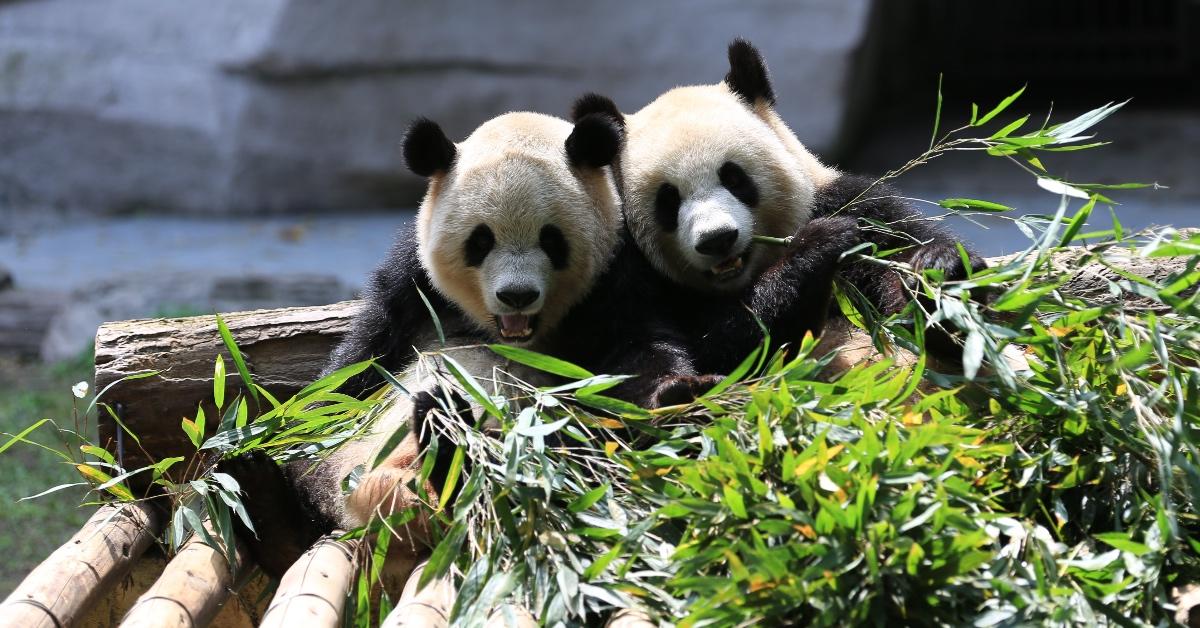
In 1966, pandas made international news once more after China sent Chi-Chi and An-An to the Moscow Zoo to get the bears to breed. Panda populations in China were dwindling, and part of the hopes of sending pandas abroad for breeding was a way to conserve the species, which, in the 1980s, only had an estimated 1,100 remaining in the wild, per Vox.
According to History, following President Richard Nixon's trip to China in 1972, the National Zoo received its first pandas, Hsing-Hsing and Ling-Ling. In exchange, the U.S. sent China a pair of musk oxen.
Thankfully, China announced in 2021 that pandas are no longer considered endangered! According to the World Wildlife Fund, they were given "vulnerable" status in 2017 by the International Union for Conservation of Nature.
This article, originally published on Aug. 28, 2023, has been updated.